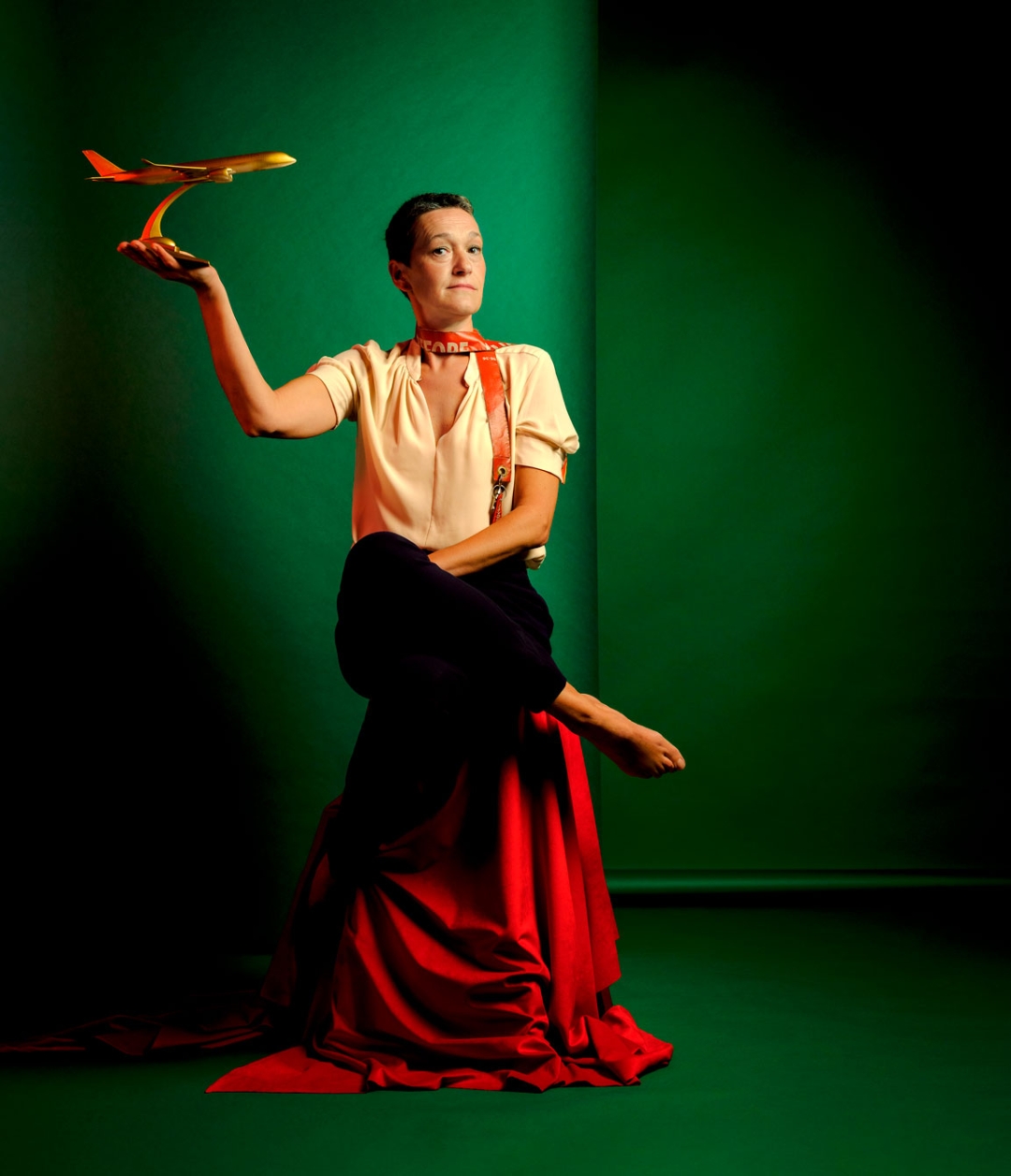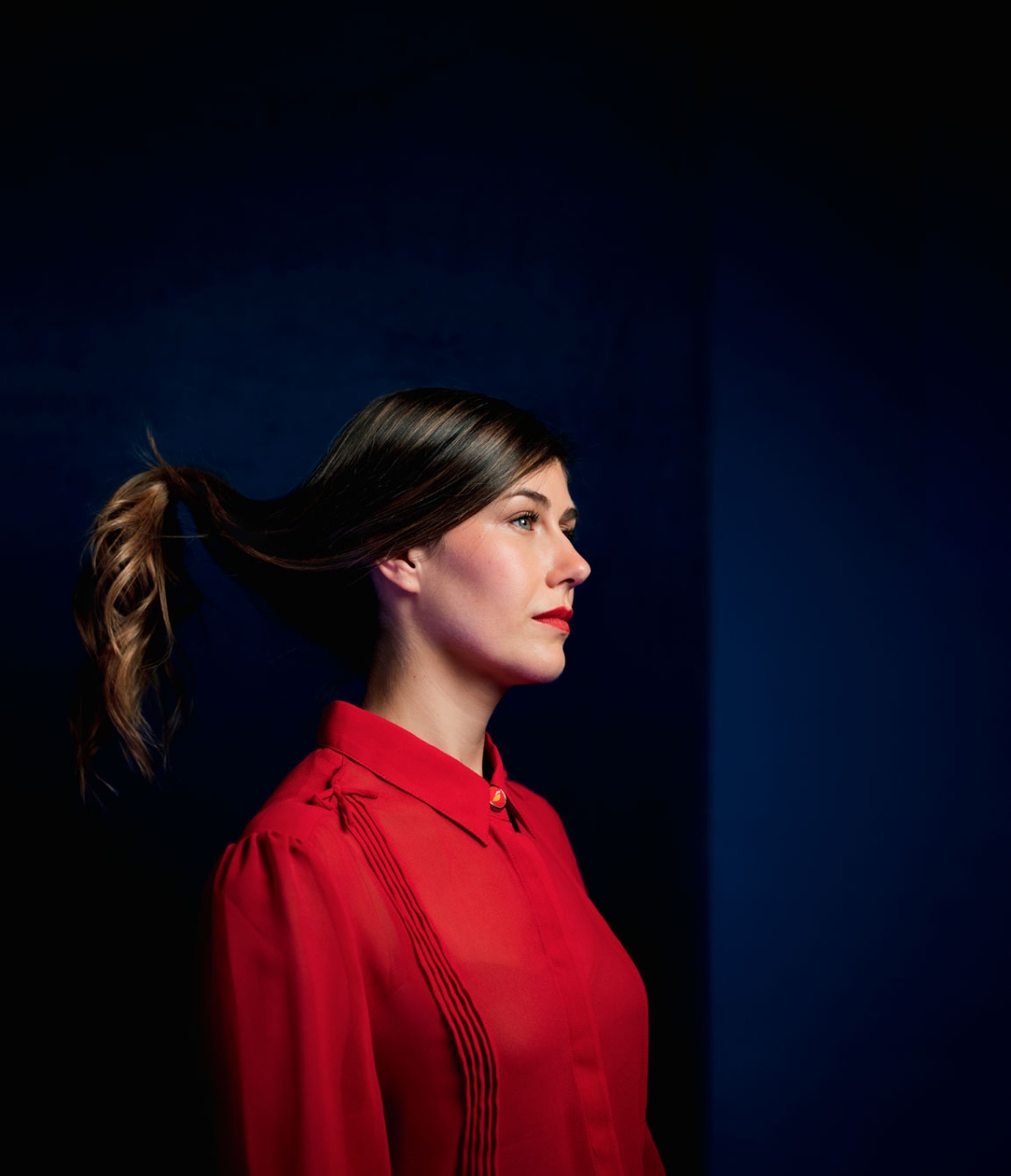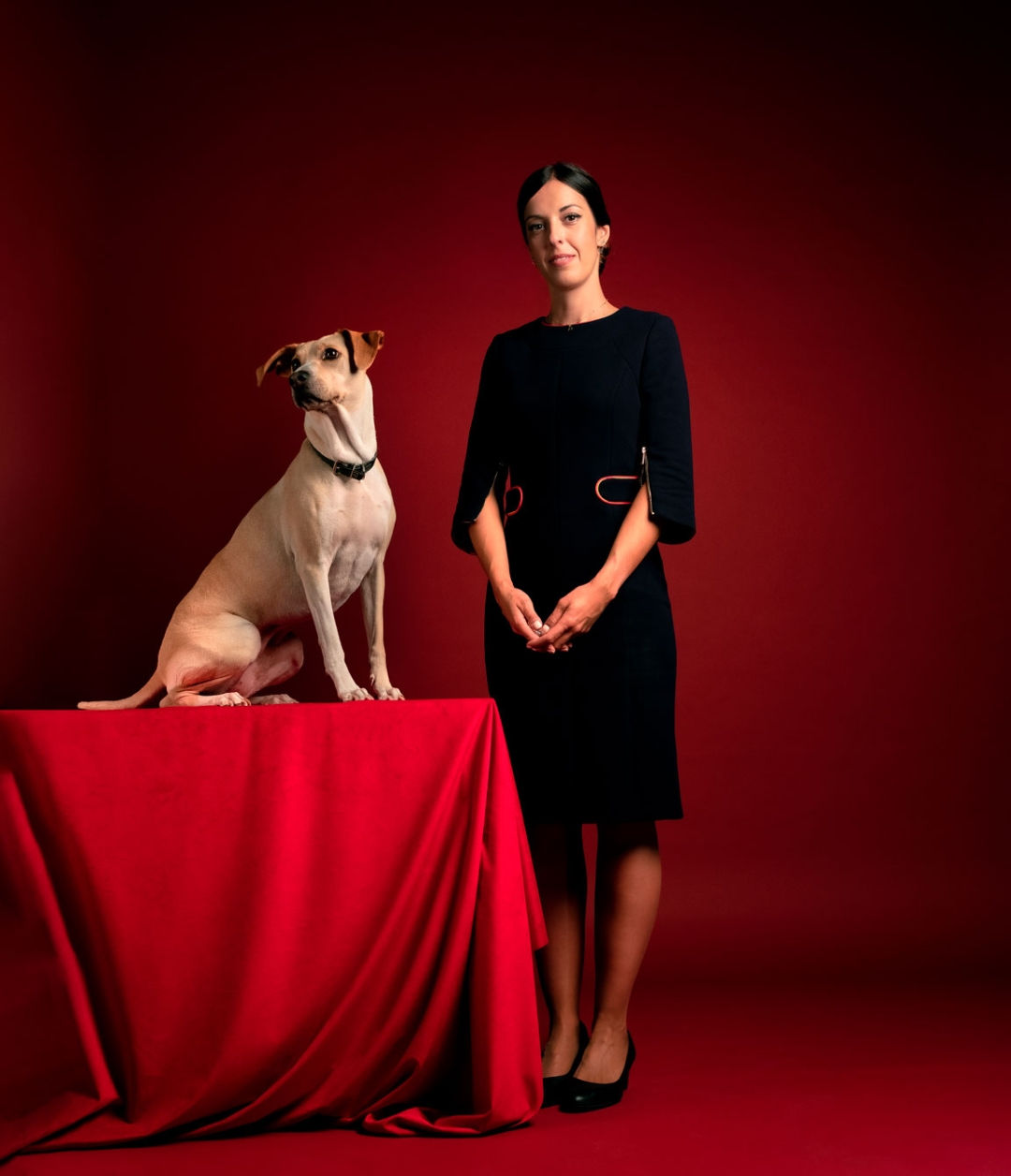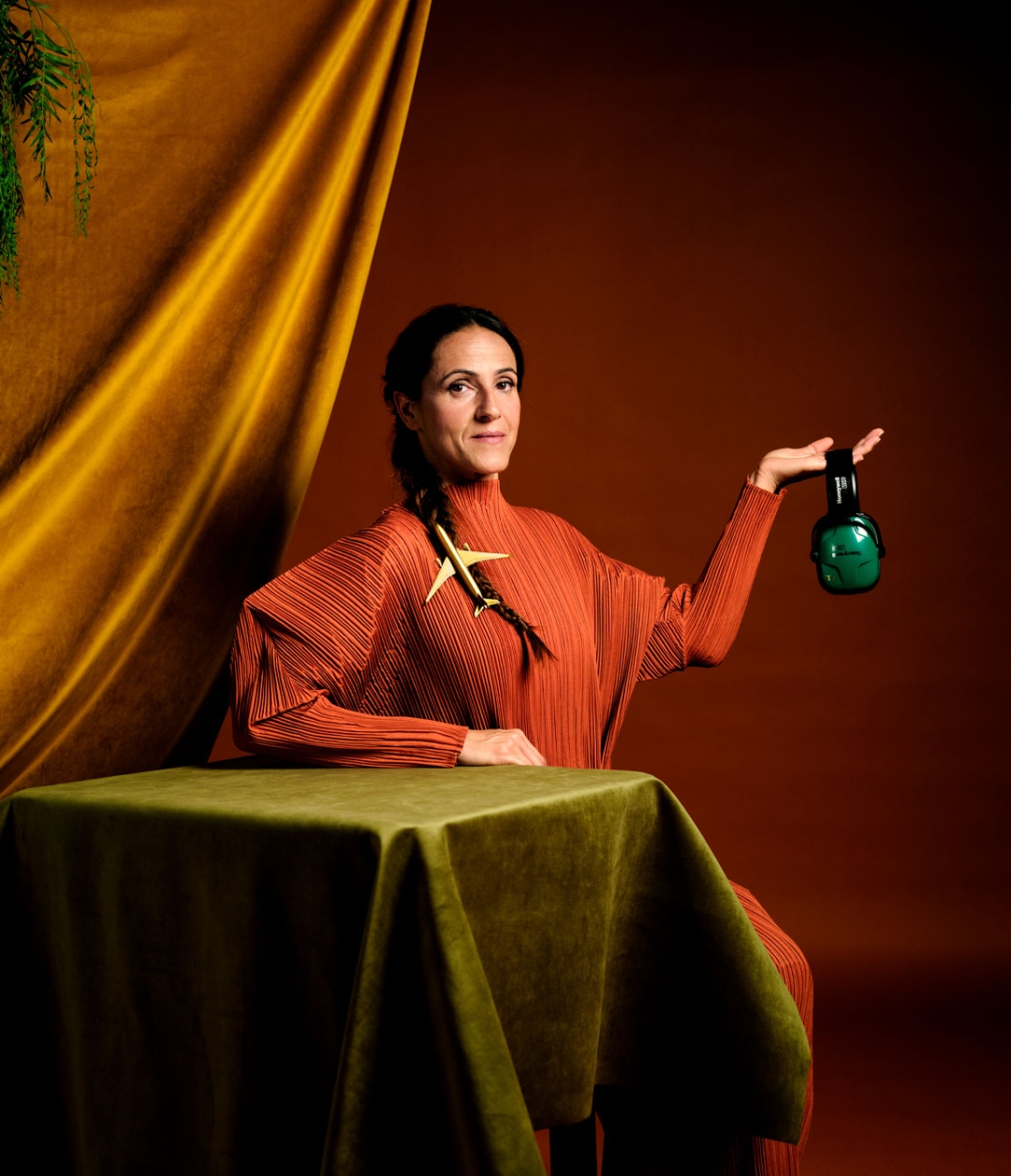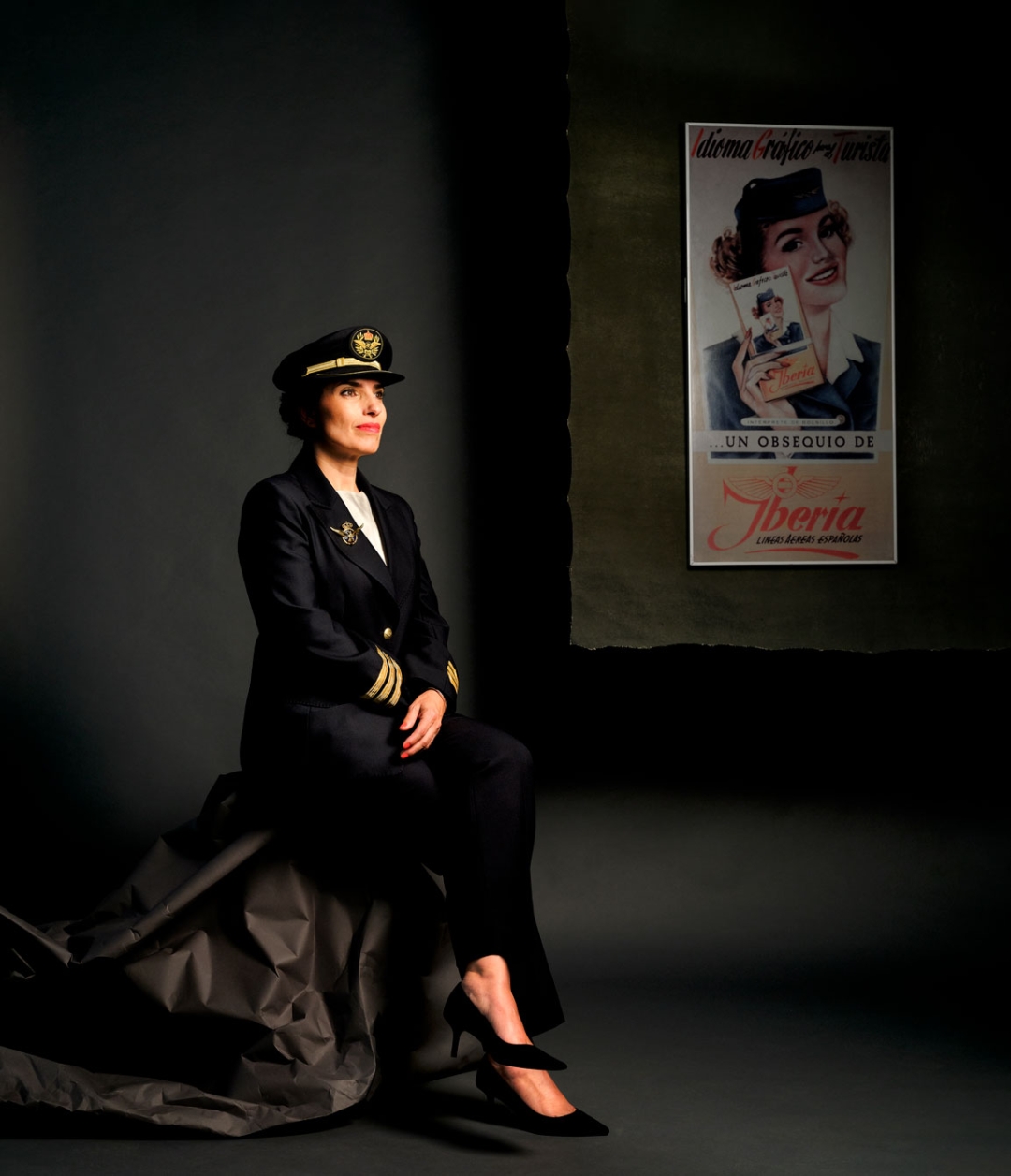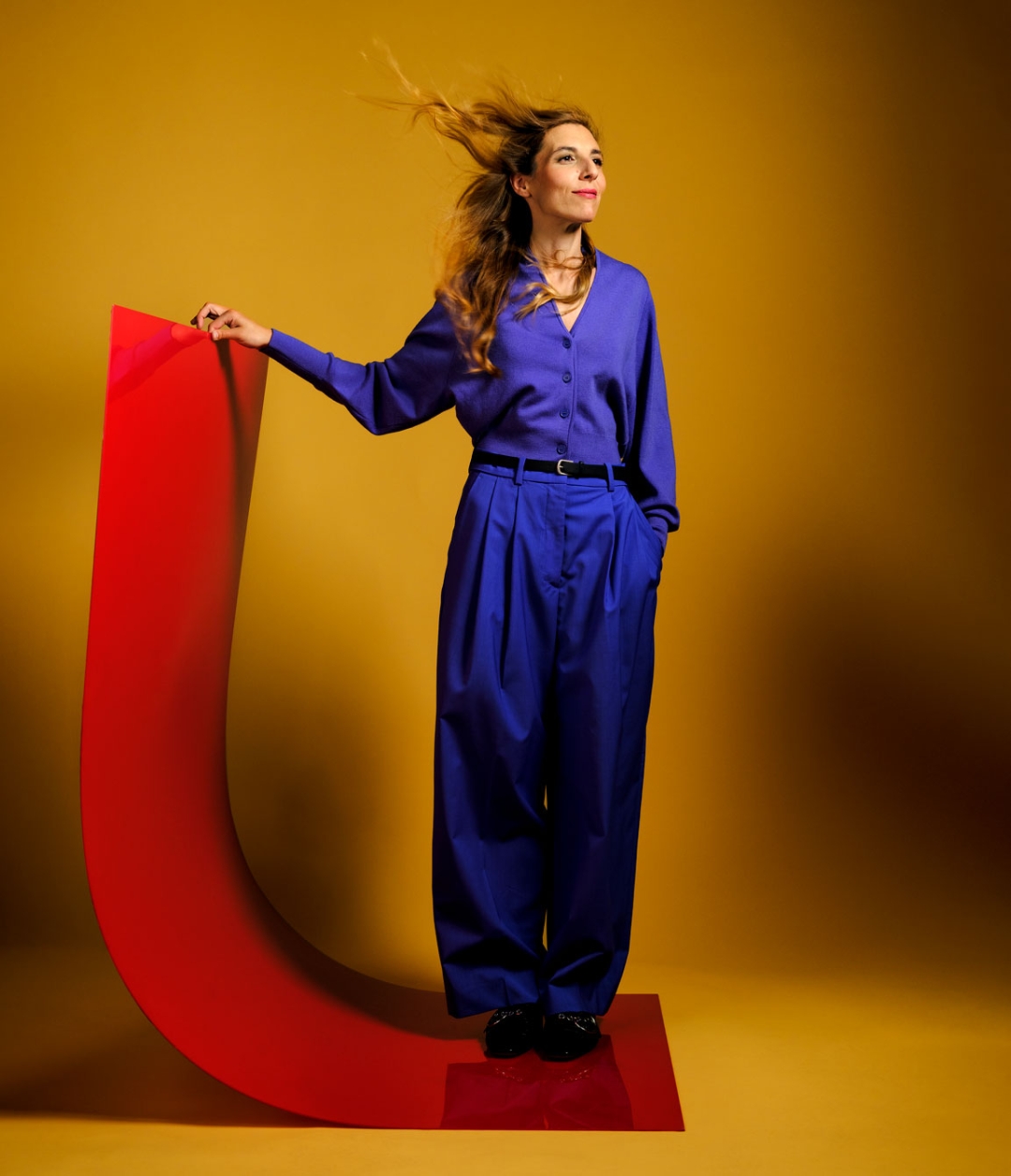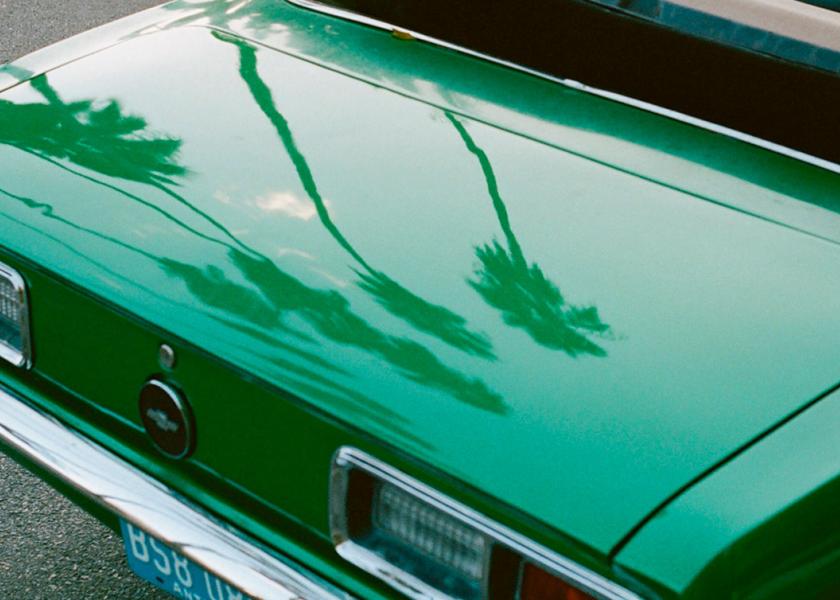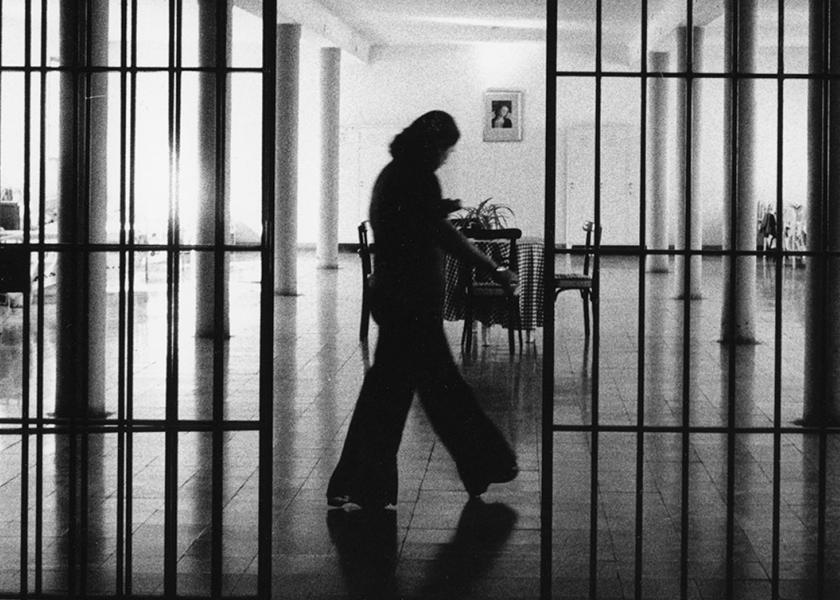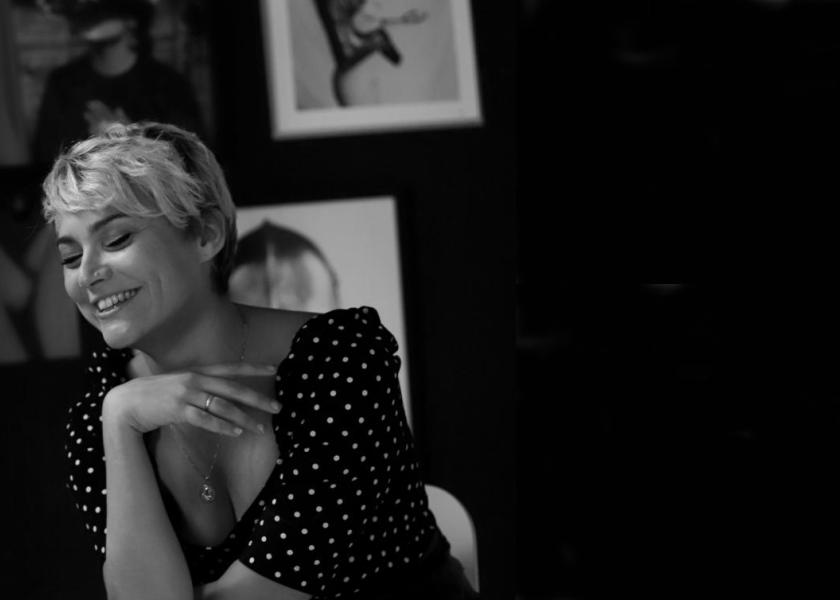Estela de Castro
Born to photograph
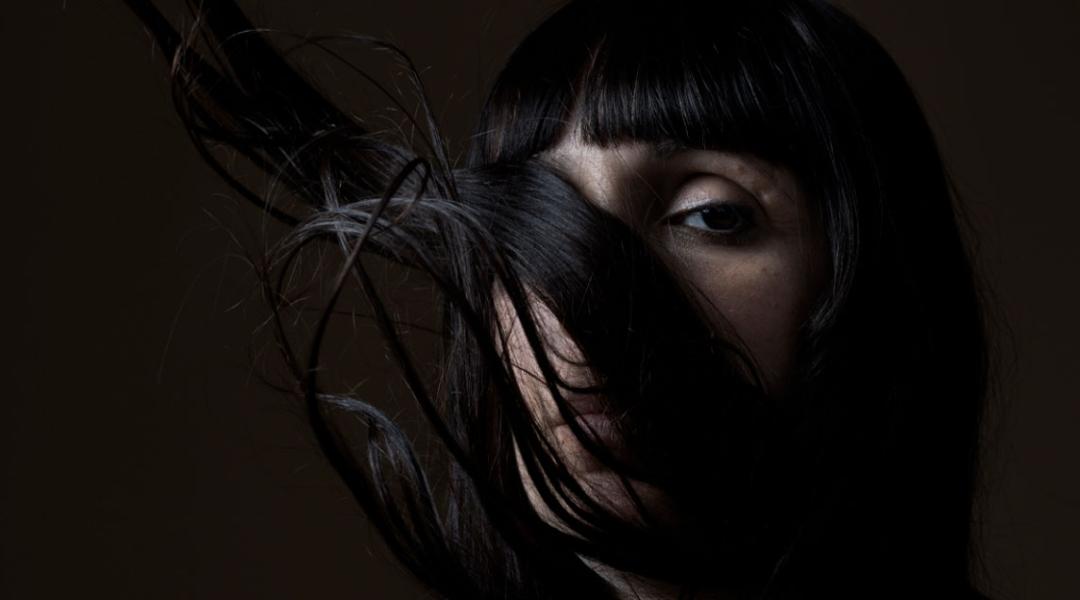
Her passion for photography runs in the family. Her father, a shutterbug, used to take her photo often, which is why, when young Estela started shooting photos with her own camera, she featured the people who were part of her life. Now she’s one of the greatest Spanish photographers and, recently, she put her talent at the service of the project ‘El mundo necesita fotógrafos que lo sigan retratando’ [The world needs photographers that continue to capture it] in collaboration with Iberia and PHotoEspaña.
“Photography has been part of my life since I was 12.” That daily work, as Estela de Castro (Madrid, 1978) herself confesses, is what has turned her into one of the greatest Spanish photographers of the moment. Specialised in portraits, although she has acclaimed projects in other genres —almost always connected to human and animal rights—, one of her latest works has been the series El mundo necesita fotógrafos que lo sigan retratando [The world needs photographers that continue to capture it]. In it, this photographer from Madrid photographed several female workers at Iberia to campaign for the role of photographers given the proliferation of images generated by Artificial Intelligence (AI). A campaign that joins another she’s been working on for years, focused on Spanish photography talent, through her Fotógrafxs project.
When did the camera and Estela de Castro become inseparable?
I’m not one of those photographers who carries her camera around all day looking for something, but photography has been part of my life since I was 12. It’s always on my mind, even if I don’t have my camera on hand. One day I was playing around with a compact camera, and I felt a spark, I decided I wanted to be a photographer. Photography isn’t a profession, it’s a passion and a way of being in the world.
Why did you specialise in portraits?
My father was a shutterbug and used to take a lot of photos of me, so it came naturally to me since the first day; I wasn’t even aware that another kind of photography existed. In that moment I understood photography consisted of taking portraits of the people who were part of my life.
“Photography has been part of my life since I was 12. For me isn’t a profession, it’s a passion and a way of being in the world”
They say that to take a good portrait, you need to establish a personal connection with your subject. How do you do it?
That intimacy is important, but there are many other factors: light, composition, body language... Once I have those comes the more emotional side. For me, a good portrait is a range of things and if one fails, the rest fall apart. Sometimes it’s hard to create a bond because we don’t have much time or don’t know the person, but you can create an energy, an atmosphere of trust that allows the subject to let go.
Beyond portraits, how do you decide on the themes that are featured in your projects?
I don’t choose them; they appear in my life. I’m always aware of what’s happening around me and I talk about the things that resonate with me. Topics like human rights or animal rights are what move me, what I need to talk about, and that’s where projects emerge.
Not long ago, you worked alongside Iberia and PHotoEspaña on the series El mundo necesita fotógrafos que lo sigan retratando [The world needs photographers that continue to capture it]. How did this project come about and how did you approach it?
I was asked to photograph several female workers at Iberia and was given the freedom to do so. I improvise a lot, but I knew that I wanted each photo to feature a colour and for the wind to be present. First, I took my photographs and then, based on them, others were created using AI. I was curious about what AI would do with my portraits.
Do you believe AI is a threat or an ally for photography?
My ally isn’t because I won’t use it in my photos, because I’m super analogue. The series for Iberia is called El mundo necesita fotógrafos que lo sigan retratando [The world needs photographers that continue to capture it] and even AI feeds on images that already exist. I think AI can become a useful tool which will coexist with photography; I also believe it will take over work from photographers.
What has always made you stand out is your commitment. Do you believe photography can change the world?
For a long time, I thought about changing the world, but in the end, you realise you can’t. In any case, through my photography I’ve been able to help many people and animals. No, I can’t change the world, but I can condemn certain situations and make it a bit better.
Until recently, female photographers were in the minority. Do you think the situation is more balanced now?
Yes, it’s more even. Now there are many female photographers with really strong, interesting and necessary views. I feel this keenly because I started the Fotógrafxs project more than 13 years ago, where I take portraits of great Spanish photographers. At the beginning, I used to take photos of many men, but now I only take portraits of women, female photographers who hadn’t even started when I began. Pioneering photographers like Colita or Joana Biarnés had to fight against terrible sexism and we’re where we are today thanks to them.
“Pioneering photographers like Colita or Joana Biarnés had to fight against terrible sexism and we’re where we are today thanks to them”
From the perspective that project has given you, how much talent is there in Spain related to photography?
So much. The problem is that this country has never awarded photography the value it deserves. I, who take portraits of those great photographers, can assure you that there has been and is plenty of talent for photography in this country, but it is unknown by the vast majority of society. It’s a shame because, by contrast, everyone knows painters, filmmakers or writers.
And, what is talent for you?
I think some people are born talented and stand out quickly, they have that ease. But I believe more in talent that is the result of hard work, I think that’s the majority. I don't have a special talent; I’ve simply spent a lot of time looking. I also took terrible photos thinking they were great, and, in the end, it was hard work and not so much talent that led me to become a better photographer.
You teach courses and workshops. As a teacher, what advice would you give someone who wants to become a photographer?
I always tell my students what a former professor of mine used to tell me: “You want to become a photographer? Well, you need to work on your photography every day of your life.” And that doesn’t mean taking photos every day, but it does mean spending time on images to train your gaze and create your own language. Photography isn’t just pushing a button, there’s an entire world behind it.
